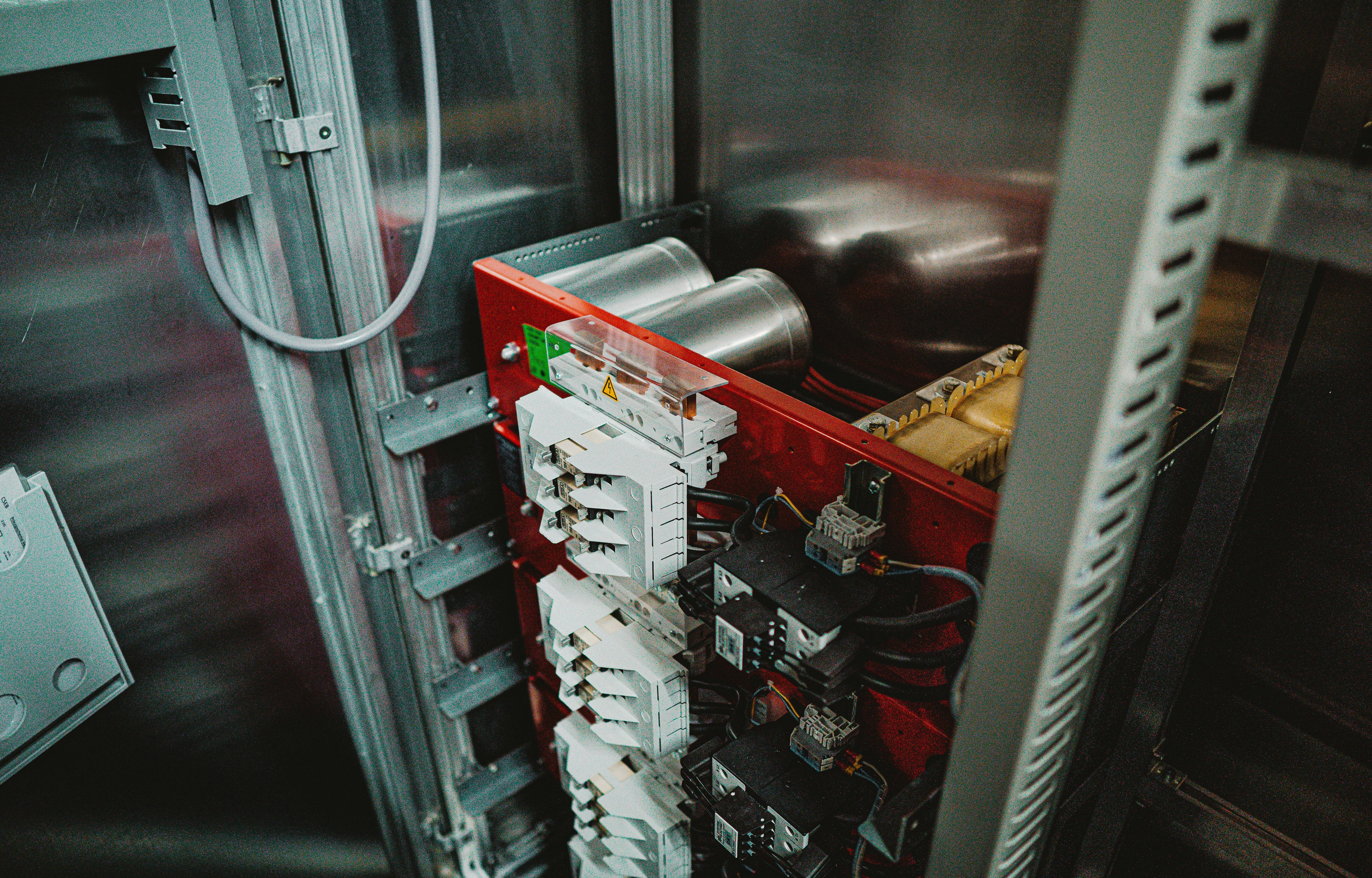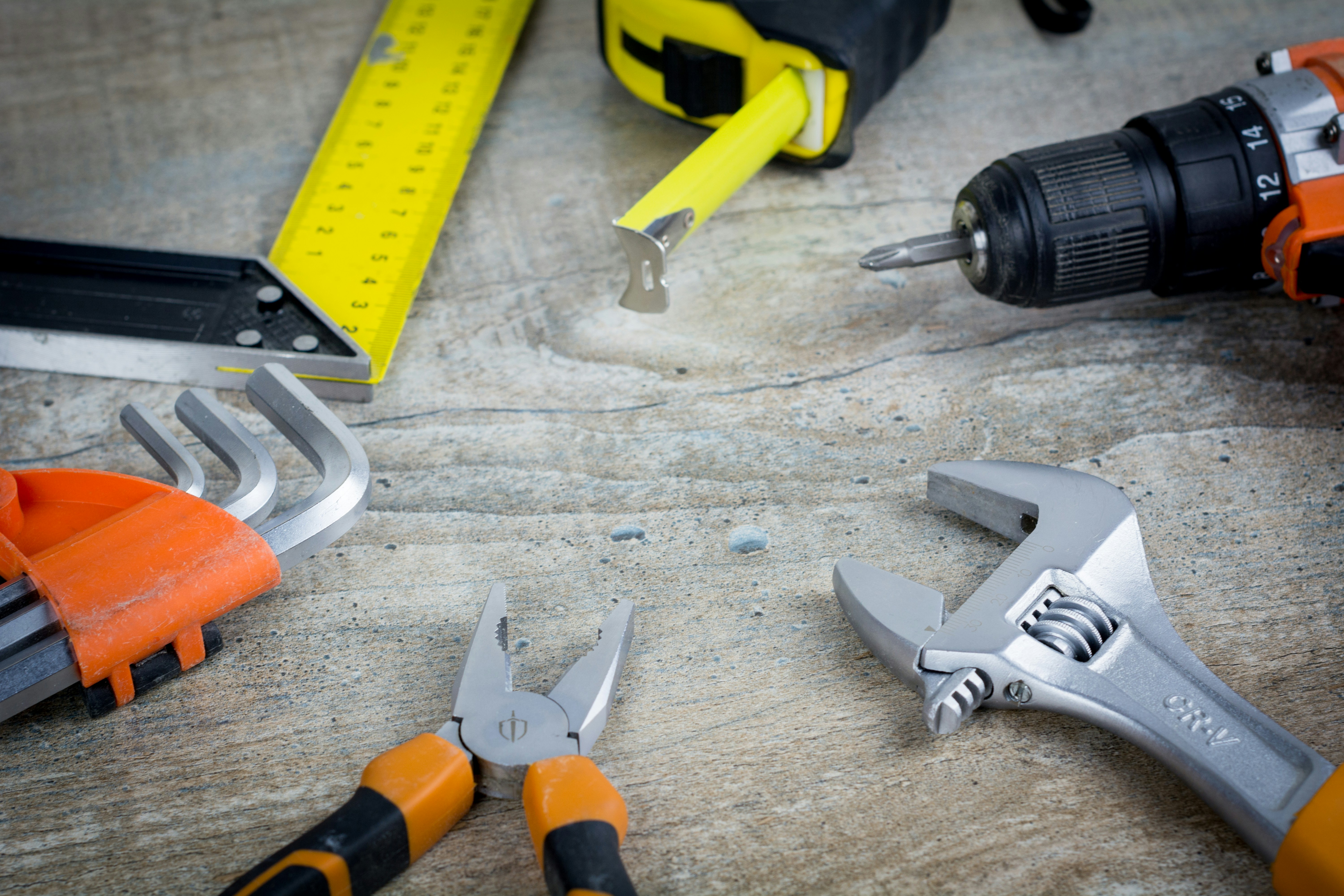Understanding Home Electrical Panels
Home electrical panels, often referred to as circuit breaker boxes, are a vital component of a residential electrical system. They serve as the central hub where electricity is distributed throughout a home, managing and directing electrical power to various circuits. The primary function of an electrical panel is to receive incoming power from the utility provider and distribute it efficiently and safely to different areas of the house. This distribution is controlled through a series of circuit breakers, which play a crucial role in protecting the home from electrical overloads and potential hazards.
Several key components make up an electrical panel. At the forefront is the main breaker, which acts as a switch that can cut off power to the entire house. Additionally, panels contain individual circuit breakers that protect specific circuits from excess current. These circuit breakers will trip and shut off power when they detect an overload, thus preventing overheating and potential fires. Other components include bus bars, which allow for the distribution of power to each breaker, and grounding mechanisms that provide a safe path for excess electricity.
There are various types of electrical panels commonly found in residential settings, categorized mainly by their capacity to handle electrical load and their application. For example, standard panels typically have capacities ranging from 100 to 200 amps, suitable for ordinary homes. However, larger homes or those with significant electrical demands may require higher-capacity panels. Additionally, sub-panels are often used to provide power to specific areas of a home, such as garages or new additions, allowing for more effective load management and increasing overall efficiency.
Understanding the role and structure of home electrical panels is essential not only for safety but also for optimizing electrical efficiency throughout the household. A well-functioning panel ensures that your home’s electrical system operates smoothly, reducing the risk of malfunctions and enhancing energy consumption.
Key Signs That Your Electrical Panel Needs an Upgrade
The electrical panel, often referred to as the breaker box, is a critical component of any home’s electrical system. It serves as the main distribution point for electricity and directly affects safety and functionality. Recognizing the signs that indicate your electrical panel may need an upgrade is essential for maintaining a safe environment. One of the most common indicators is frequent circuit breaker trips. If breakers are regularly tripping, it can signify that your panel is unable to handle the electrical load required by your household, which suggests that an upgrade may be necessary.
Another significant sign is the presence of aluminum wiring. Homes built in specific decades may have aluminum instead of copper wiring, which poses greater risks of overheating and electrical fires. If your home has aluminum wiring, it is crucial to consult a licensed electrician to discuss replacing or upgrading your electrical panel. Additionally, if your home is still utilizing outdated panel types, such as fuse boxes, it is time for an upgrade. Fuse boxes are not equipped to handle the demands of modern electrical usage, making a transition to a more updated breaker system important for safety.
Flickering lights can also signal that the electrical panel is struggling to supply adequate power. This issue often arises during the use of high-demand appliances, indicating that your panel is not equipped to manage such demand efficiently. Lastly, the increasing power demands from modern appliances can strain older electrical panels. As appliances become more energy-efficient, they also typically require more power to operate, which can lead to overloading an outdated panel. Recognizing these critical signs can help you determine when it is time to consider an upgrade, ensuring the safety and efficiency of your home’s electrical system.
The Risks of Ignoring Electrical Panel Upgrades
Neglecting the upgrade of an outdated electrical panel can lead to a range of significant risks that threaten both safety and financial stability. One of the most pressing dangers is the increased likelihood of electrical fires. An aging panel may struggle to handle modern electrical loads, leading to overheating or short circuits that can ignite flammable materials nearby. Homeowners must recognize that an inadequate electrical system not only places their property at risk but also endangers the lives of those living within.
Moreover, an obsolete electrical panel may cause considerable damage to electronic appliances and home systems. When the panel fails to correctly distribute power, devices may receive inconsistent current, potentially leading to malfunction or permanent damage. This can result in expensive repairs or replacements, placing a further financial burden on homeowners. Hence, the responsibility of ensuring an efficient electrical system extends beyond safety to encompass the maintenance of property value.
Another critical consideration is the effect of an outdated electrical system on insurance coverage. Insurance companies may impose penalties or even deny claims if the cause originates from an electrical failure linked to a neglected panel. This highlights the necessity for consistent evaluations of electrical systems to safeguard insurance interests and ensure compliance with relevant regulations. The potential repercussions involving reduced home valuation due to outdated upgrades further underscore the importance of timely intervention.
In conclusion, homeowners who overlook the need for electrical panel upgrades are not only risking safety but also financial ramifications. It is prudent for homeowners to assess the status of their electrical panels routinely and to take appropriate action whenever necessary. Prompt attention to electrical panel issues is essential for maintaining a safe living environment and protecting financial interests.
How to Choose and Upgrade Your Electrical Panel
Choosing and upgrading your electrical panel is a crucial decision that can significantly affect the safety and efficiency of your home’s electrical system. When contemplating an upgrade, the first factor to consider is the ampacity requirements of your household. This refers to the maximum amount of electrical current a panel can handle without hazards. For most modern homes, a minimum of 200 amps is recommended, particularly if you have or plan to add high-demand appliances like electric vehicles, HVAC systems, or home automation devices.
Energy efficiency should also play a vital role in your decision-making process. Today’s electrical panels come equipped with technology that can significantly improve the efficiency of your home’s energy usage. Look for panels with features such as smart circuitry and the capability to handle renewable energy sources, which could be beneficial as you consider integrating solar power systems in the future.
Compatibility with smart home technology is another essential factor to evaluate. As homes increasingly become smarter, the ability of your electrical panel to integrate with smart meters and home automation systems can provide you with better control over your energy consumption and facilitate real-time monitoring.
Consulting with a licensed electrician is imperative when upgrading your electrical panel. An experienced professional will not only help you select the right panel based on your needs but will also ensure that all installations comply with local codes and regulations. Obtaining the necessary permits is essential to avoid any penalties or issues down the line. Additionally, proper installation methods can safeguard your home and you from potential electrical hazards, making it a wise investment in the long run.
If you’re interested in purchasing the item you seek, please click the link for additional details: #americanachoice.
https://amzn.to/3SBN3Oy
AFFILIATE DISCLOSURE: I am an affiliate for this company, I am not a paid employee.
I may receive a commission if you click a link on this page and choose to purchase something.
You can rest assured I will only share things I believe in and will be valuable to you.



